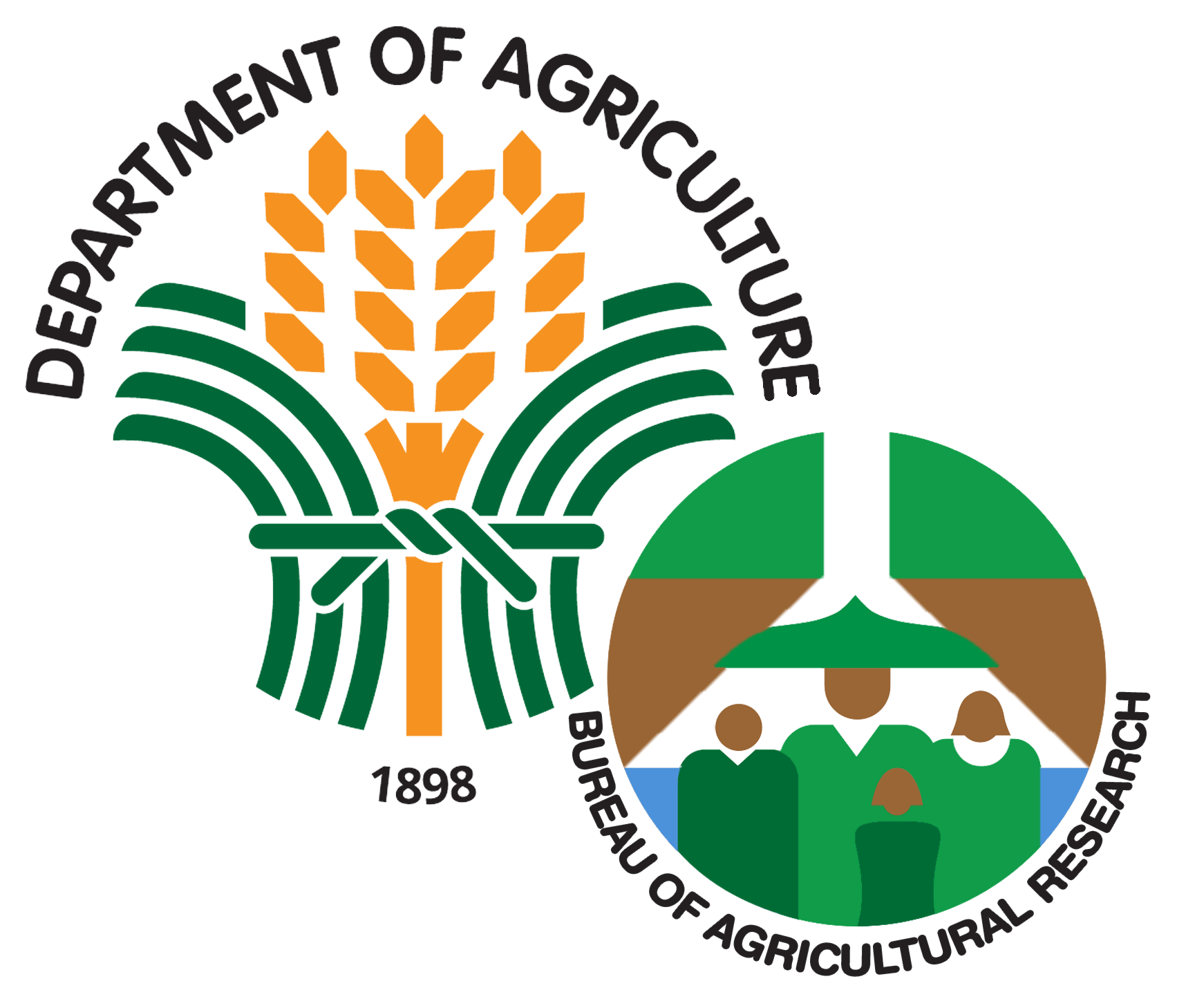The Knowledge Management and Information Systems Division (KMISD) of the DA-Bureau of Agricultural Research (BAR) underwent a training on strategic communication plan with communication expert Lily Ann D. Lando, PhD on 6-7 December 2023 in Magalang, Pampanga.
The training aimed to strengthen the knowledge and skills of the KMISD staff, evaluate and align the communication plan with current knowledge trends, and identify and address gaps in the current communication plan of the bureau.
“As the bureau is committed to provide excellent service in terms of research for development coordination, we have to continuously build and enhance the capacity of the bureau, especially its human resource, to address the effective delivery of research outputs — ultimately to create impact among our target stakeholders,” said KMISD head Salvacion M. Ritual in her opening remarks.
Dr. Lando emphasized the urgency and need to position the government agencies as the preferred sources of information in the era of influencers. According to a National Economic Development Authority study, the barriers to innovation in the country is the lack of information, awareness, and knowledge. Thus, it is crucial for government agencies such as DA-BAR to improve its communication strategies, in an ever changing communication landscape, utilizing a different approach.
She guided the participants in using the Appreciative Inquiry Process, a tool for organizational change that focuses on the strengths and opportunities rather than on problems and challenges.
“Appreciative Inquiry (AI) is the exploration of what gives life to systems when they function best. Instead of the traditional strategic planning where we look at weaknesses and threats, what we do in [AI] as the name implies is to focus on what is good,” explained Dr. Lando.
She also explained that opponents to this kind of methodology say that it romanticizes reality, relegating threats and challenges to the sidelines. She clarified that AI acknowledges these deficits but prefers to focus on the assets. It is easier to work with what we already have than repairing what is wrong.
“Instead of what is wrong, our focus should be on what is strong,” Dr. Lando stressed.
This approach brings people together to identify the times when the bureau and its knowledge management and information systems are working at its best, then envision these best moments as the new norm instead of being an exception. This is followed by designing ways to make this dream a reality, and finally executing this new plan which will involve experimentation and improvisation.
A knowledge audit will be conducted early next year, as a follow up to this activity.


